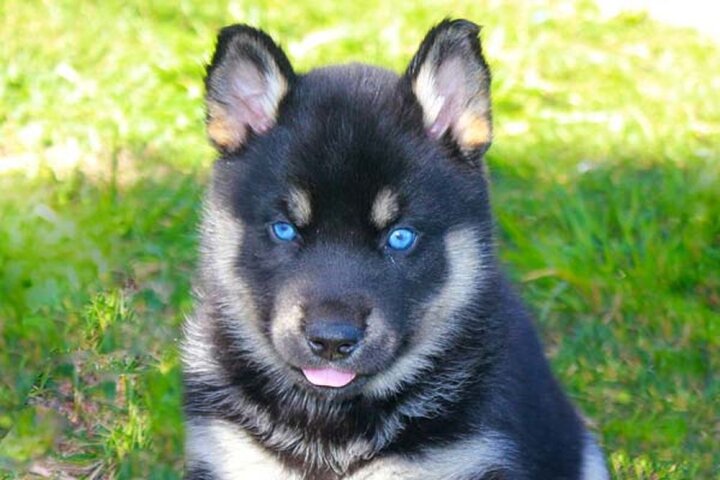Why do people love their pets so much?
Whatever you love is the center of a paradise. - Novalis
Most people love animals and treat their pets as valuable family members. Pets provide companionship, bring joy to our lives, give us affection and share our homes, our food and our lives, and we do everything we can to ensure their well-being and happiness.
Only humans can bond so closely with members of other species and make animals part of their family. Pets are embedded in many human cultures. We give birds, cats and dogs names of people, buy them toys and other gifts, dress them for the holidays, talk to them as if they were human beings, and grieve when they die.
Owning a pet is exciting, but it comes with many responsibilities. It's not just a time commitment – it's also a financial one and can be expensive. So it might seem strange, especially, if you consider that grooming often goes one way, because you can't really expect the pet in the family to give you something material in return. So why are we doing this?
Pets are kept for the pleasure that they could give their masters, and often this pleasure is mutual. This is, for example, the case with birds, dogs, cats and horses. Therefore, keeping a pet can be described as a symbiotic relationship that is beneficial for both human beings and animals.
Humans have kept pets since prehistoric times, and pets can be found in almost all cultures and societies, so it seems that humans do it to satisfy a universal human need.
Relationships between owners and pets are based on companionship and affection. Pets have an emotional attachment to their masters and other family members. They evolved to be in tune with our emotions and behavior.
Dogs are able to read the body language of their owners and react to it faster than humans. They change facial expressions when people are paying attention. Dogs can also understand many words and interpret the tone of voice.
We ask forgiveness and hope that at another juncture time will be our ally and no one and nothing will separate us, as they did in this existence with you, our dogs!
Most people love animals and treat their pets as valuable family members. Pets provide companionship, bring joy to our lives, give us affection and share our homes, our food and our lives, and we do everything we can to ensure their well-being and happiness.
Only humans can bond so closely with members of other species and make animals part of their family. Pets are embedded in many human cultures. We give birds, cats and dogs names of people, buy them toys and other gifts, dress them for the holidays, talk to them as if they were human beings, and grieve when they die.
Owning a pet is exciting, but it comes with many responsibilities. It's not just a time commitment – it's also a financial one and can be expensive. So it might seem strange, especially, if you consider that grooming often goes one way, because you can't really expect the pet in the family to give you something material in return. So why are we doing this?
Pets are kept for the pleasure that they could give their masters, and often this pleasure is mutual. This is, for example, the case with birds, dogs, cats and horses. Therefore, keeping a pet can be described as a symbiotic relationship that is beneficial for both human beings and animals.
Humans have kept pets since prehistoric times, and pets can be found in almost all cultures and societies, so it seems that humans do it to satisfy a universal human need.
Relationships between owners and pets are based on companionship and affection. Pets have an emotional attachment to their masters and other family members. They evolved to be in tune with our emotions and behavior.
Dogs are able to read the body language of their owners and react to it faster than humans. They change facial expressions when people are paying attention. Dogs can also understand many words and interpret the tone of voice.
We ask forgiveness and hope that at another juncture time will be our ally and no one and nothing will separate us, as they did in this existence with you, our dogs!








